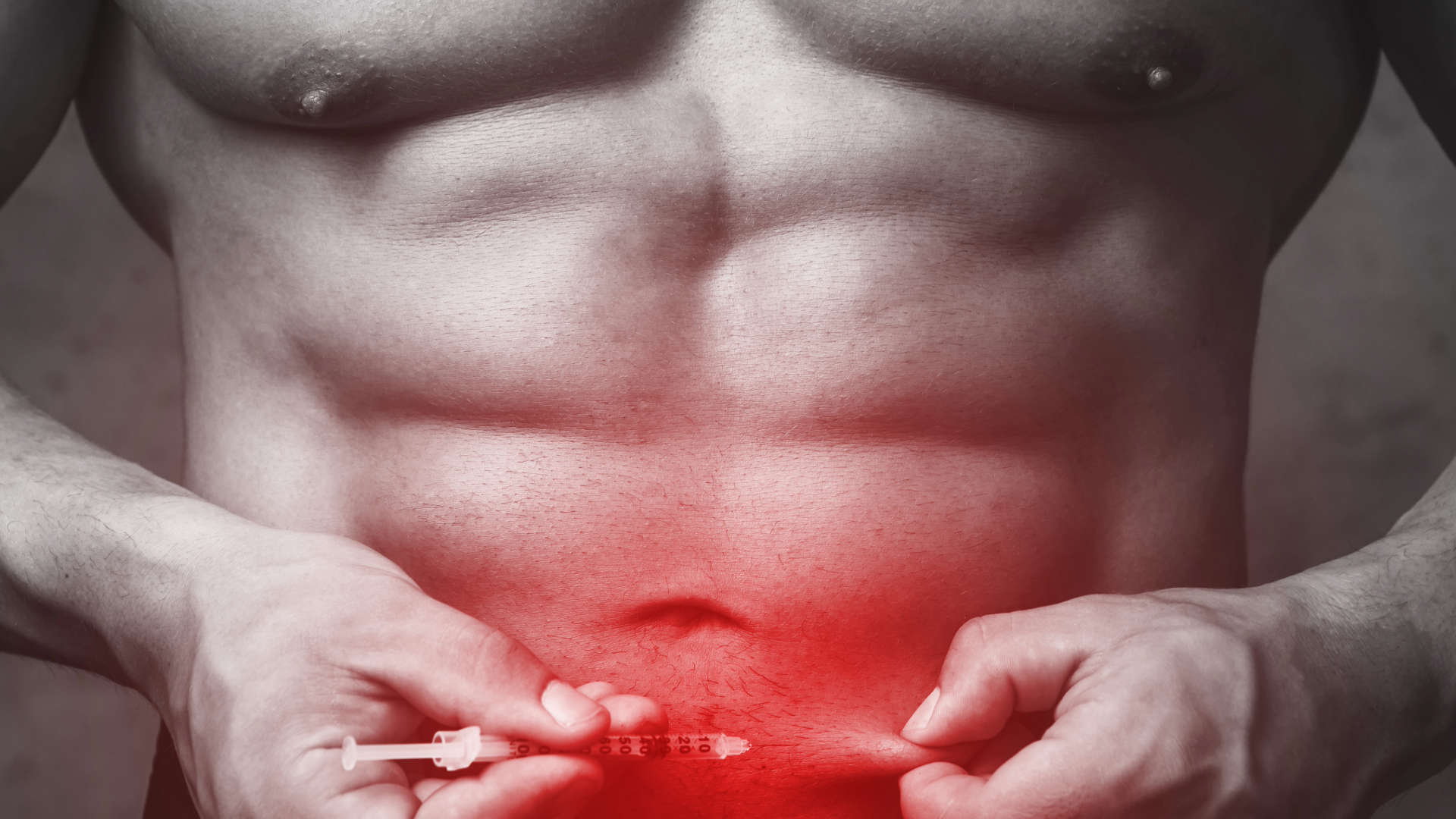To increase insulin after a workout without promoting fat storage, it’s important to focus on the timing, type, and quantity of food you consume post-exercise. The goal is to take advantage of the body’s heightened insulin sensitivity immediately after exercise, which helps shuttle nutrients into muscle cells for recovery, without leading to fat accumulation. Here’s how you can optimize your post-workout nutrition:
Consume a Balanced Post-Workout Meal
A well-balanced meal that includes carbohydrates and protein is the best way to increase insulin after a workout without causing excessive fat storage. Here’s why:
- Carbohydrates are the primary driver of insulin release, but consuming the right type of carbohydrates is key. After exercise, your muscles are more insulin-sensitive, so consuming complex carbohydrates (e.g., sweet potatoes, whole grains, oats) and moderate glycemic index carbs (like fruits) will raise insulin levels in a controlled manner. This replenishes glycogen stores without causing an insulin spike that could lead to fat storage.
- Protein is critical for muscle repair and growth, and it stimulates some insulin release as well. Consuming a fast-digesting protein, such as whey or a lean source like chicken or fish, can help with muscle recovery and also help moderate insulin levels.
Choose Low-Glycemic Carbs for Steady Insulin Release
While high-glycemic carbs like sugary drinks or processed carbs lead to rapid spikes in insulin, which may cause fat storage if not used immediately by the body, low-glycemic carbs release glucose more slowly and promote a more controlled release of insulin. These carbs include:
- Sweet potatoes
- Brown rice
- Quinoa
- Legumes (e.g., lentils, chickpeas)
- Whole grains
- Vegetables (e.g., broccoli, spinach, carrots)
Consuming these types of carbs post-workout will allow you to boost insulin levels while also maintaining stable blood sugar levels, which minimizes the risk of fat storage.
Incorporate Healthy Fats (in Moderation)
Including small amounts of healthy fats in your post-workout meal, like avocado, olive oil, or nuts, can support overall health and insulin sensitivity. However, you should keep the quantity moderate. Too many fats post-workout can slow down nutrient absorption and could reduce the efficiency of the body’s ability to use insulin for muscle repair. Healthy fats have been shown to improve insulin sensitivity over time, but in the immediate post-exercise period, it’s better to focus on carbs and protein to enhance muscle recovery.
Avoid Excessive Sugar or Refined Carbs
While sugar and refined carbs (like pastries or candy) can cause a rapid insulin spike, they are often followed by an equally rapid drop in blood sugar levels, which can lead to cravings and fat storage. After a workout, you want to raise insulin levels in a controlled and gradual way. Consuming refined carbs or high sugar foods can cause unwanted fluctuations in insulin and blood sugar levels, potentially leading to fat accumulation over time.
Control Overall Calorie Intake
While it’s important to provide your body with sufficient nutrients post-workout, it’s equally essential to keep overall calorie intake in check, especially if fat loss is one of your goals. Ensure that your post-workout meal is part of your overall daily calorie goals. Consuming more calories than your body requires, especially in the form of excess carbs or fats, can lead to fat storage.
Leverage Insulin Sensitivity with a Proper Timing Strategy
Your insulin sensitivity is highest immediately after a workout, making this the ideal time to consume your post-workout meal. The 30-minute to 2-hour window following exercise is crucial for nutrient absorption and insulin sensitivity. By focusing on consuming protein and carbohydrates (especially complex carbs) during this period, you can take advantage of the body’s ability to use insulin effectively for muscle repair and glycogen replenishment.
Prioritize Lean Protein Sources
Including a high-quality lean protein source like whey protein, chicken, turkey, or fish post-workout can help increase insulin levels in a controlled way. Protein alone stimulates insulin secretion, and when paired with carbohydrates, it can optimize the body’s ability to recover without leading to fat storage. Opting for lean proteins minimizes fat intake while maximizing muscle repair and growth.
Hydrate Properly
Hydration also plays a role in insulin sensitivity. Dehydration can reduce insulin sensitivity and hinder nutrient uptake into muscles after a workout. Therefore, drinking plenty of water post-workout supports not just recovery but also optimal insulin function. Proper hydration helps maintain stable blood sugar levels, ensuring that insulin release is efficient and effective.
Key Takeaways
- Carbs and protein work synergistically to boost insulin levels post-workout and promote muscle recovery.
- Choose low-glycemic carbohydrates to prevent excess insulin spikes and fat storage.
- Keep fats moderate in your post-workout meal to avoid slowing down nutrient absorption.
- Avoid refined sugars and processed carbs, which can lead to insulin spikes and fat gain.
- Ensure your post-workout meal is in line with your overall calorie intake and nutritional goals.
By paying attention to the types and timing of your post-workout nutrition, you can effectively increase insulin levels to support muscle growth and recovery while minimizing the risk of fat storage. The key is to optimize insulin sensitivity, not just raise insulin levels indiscriminately. By focusing on nutrient-dense, whole foods, and managing your calorie intake, you can harness the power of insulin to improve your fitness and physique.








